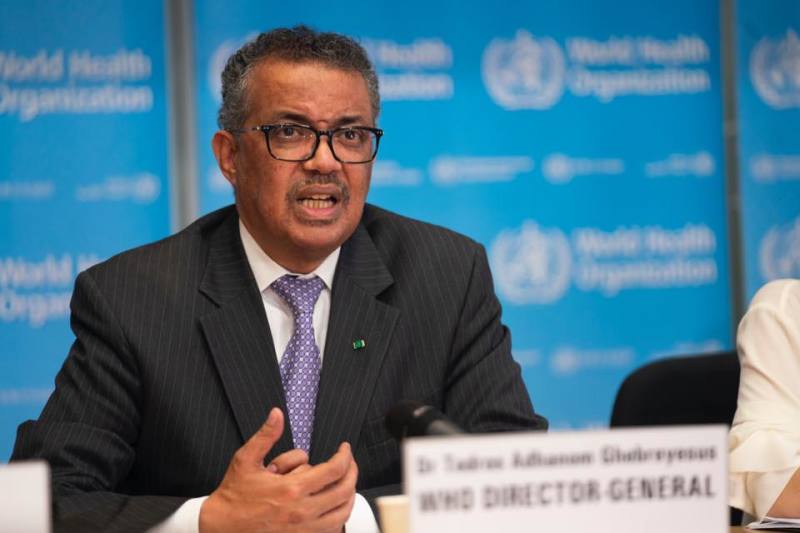
Big Tech companies are cracking down on coronavirus-related content on social media platforms that speak out on information from top health organizations such as the World Health Organization (WHO) and the Centers for Disease Control and Prevention (CDC), even if these organizations are known to repeatedly contradict itself.
From the onset of the coronavirus pandemic, tech giants Facebook and Google moved to implement policies that restrict user content shared on their platforms to those that are aligned with WHO and CDC's statements. However, both organizations have, on multiple occasions, negated their own findings and statements.
Back in March 2020, a slew of Big Tech companies came together to release a joint statement condemning coronavirus misinformation and to share updates strictly from "government healthcare agencies" only. These companies included Google, YouTube, Facebook, Twitter, LinkedIn, and Reddit.
However, "government healthcare agencies" such as the CDC and WHO both have released guidelines that they retracted throughout the coronavirus pandemic, The Stream reported.
Facebook even established its "Coronavirus Information Center," which curates updates from organizations like the WHO. Its subsidiary, Instagram, implemented a new policy that read, "We're removing known harmful misinformation related to COVID-19, and when someone taps on a hashtag related to COVID-19, we show resources from WHO, CDC and local health authorities." Meanwhile, Google's YouTube, through its "Medical Misinformation Policy," barred content creators from spreading information that "contradicts the World Health Organization (WHO)."
Quite ironically, it was these organizations that released often contradicting statements and guidelines.
When the coronavirus was declared a pandemic in March 2020, the CDC downplayed the use of face mask coverings, saying that Americans need not use them and instead just use tissues to cover coughs and wash their hands frequently.
In March 2020, FOX News reported that U.S. surgeon general Dr. Jerome M. Adams took to Twitter to forbid people from buying masks, saying that these were "NOT effective in preventing general public from catching #Coronavirus, but if healthcare providers can't get them to care for sick patients, it puts them and our communities at risk!"
Just a month later, CDC recommended that the general public should wear masks in public spaces as a "voluntary public health measure." Just this year, the CDC also even endorsed using two masks, the surgical mask which stocks became scarce during the early days of the pandemic, and the more commonly available cloth mask over it.
However, Johns Hopkins University medical experts said that wearing two masks is "not necessary as protection from the SARS-CoV-2 virus or its genetic variants" and reiterated the importance of wearing one mask properly without any gaps at the sides, top, or bottom.
Evidence of health offices' frequent backtracking could be seen in the early days of the global pandemic. In January, WHO said that travel restrictions were not necessary despite finding several COVID-19 cases in multiple countries. It was only on February 11 when they reversed their stance, encouraging countries to implement travel restrictions.
WHO also said in January 2020 that there was no human-to-human spread of the coronavirus, a statement they retracted just a week later. The frequent backtracking of these health offices made it difficult to gain public trust on top of Big Tech's censorship on posts that contradict the CDC and WHO.
Big Tech censorship has also drawn ire from both sides of the political spectrum, in which the handling of COVID-19 has been highly politicized given the timing of the U.S. Presidential Elections in November 2020.


































